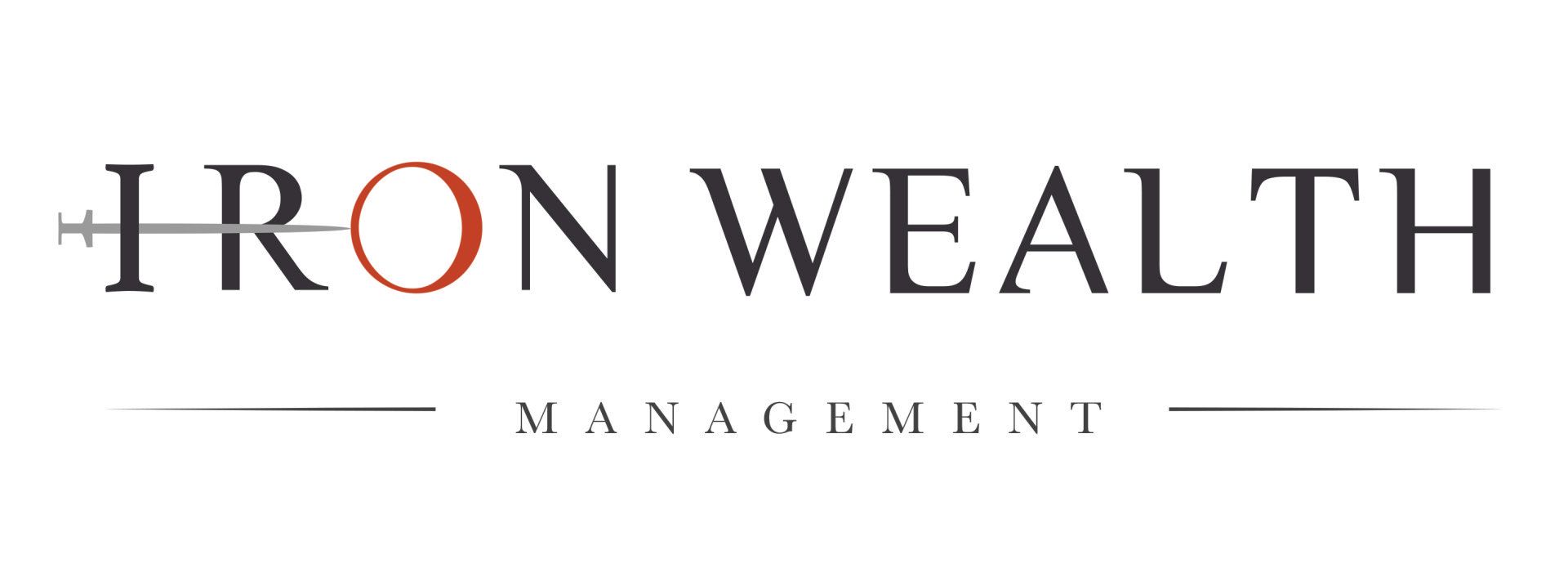Unlocking Property Wealth
An Alternative Source of Income/Capital: Equity Release & Retirement Mortgage
Are you 55 or over, own a property (with or without a mortgage) and would like to explore whether you can free up some money from your property to either help:
- Have a comfortable lifestyle in retirement
- Home improvements
- Improve your tax efficiency
- Bless your loved ones
- Repay an existing mortgage
Whether you are gearing up for retirement or already in retirement, accessing property wealth could be a key solution for a growing number of homeowners. Equity release or a mortgage could be the right solution considering that we are in a low interest rate environment. With inflation (CPI) set to soar to as much as 5% by spring 2022, this could be an opportune time to unlock your property wealth. RPI is already at 6%. RPI almost always gives a higher figure for inflation than CPI does. Lots of payments are linked to inflation – pensions, benefits, and index-linked bonds. The higher the inflation figure, the higher the payments. We’re not here to argue which is more accurate but to highlight that lots of expenditures are linked to the higher RPI (think train fare hikes and student loan repayments) whilst some government benefits are linked to the lower CPI. Higher inflation rates tend to lead to higher interest rates in the future. It is therefore sensible to take this opportunity to lock into a low interest rate that is fixed for life. Equity release can do that for you if the circumstances and objectives are right.
As with most things in life, there are various advantages and disadvantages and it is important to understand how best to make use of a certain financial tool that fits around your financial plan which considers your personal objective and circumstances.
Lenders will carry out an affordability assessment and this process helps establish if you can afford to repay the loan over the term of the loan. In terms of affordability checks, equity release is more flexible. Unlike a standard mortgage, providers of equity release adopt a non-prescriptive attitude to what a client requires the money for. However, on the flip side, equity release tends to be costlier if you wanted to repay the loan early.
As a member of the Equity Release Council, we adhere to a set of principles that ensure you are offered the best protection when it comes to Equity Release. We offer truly holistic solutions to suit most customer needs. Coupled with our independent advice, you will be fully informed to achieve an outcome that suits your objectives and circumstances.
If you would like to know more, please get in touch with us for a free initial consultation about equity release or retirement mortgage, where we can discuss your releasing equity needs / retirement plan and answer any questions you may have. Call 01908 382168 or email us at info@ironwealth.co.uk and we would love to see how we can help.
The Iron Wealth Blog






ADDRESS
Iron Wealth Management Ltd65 Holst CrescentOld Farm ParkMilton Keynes MK7 8QN





